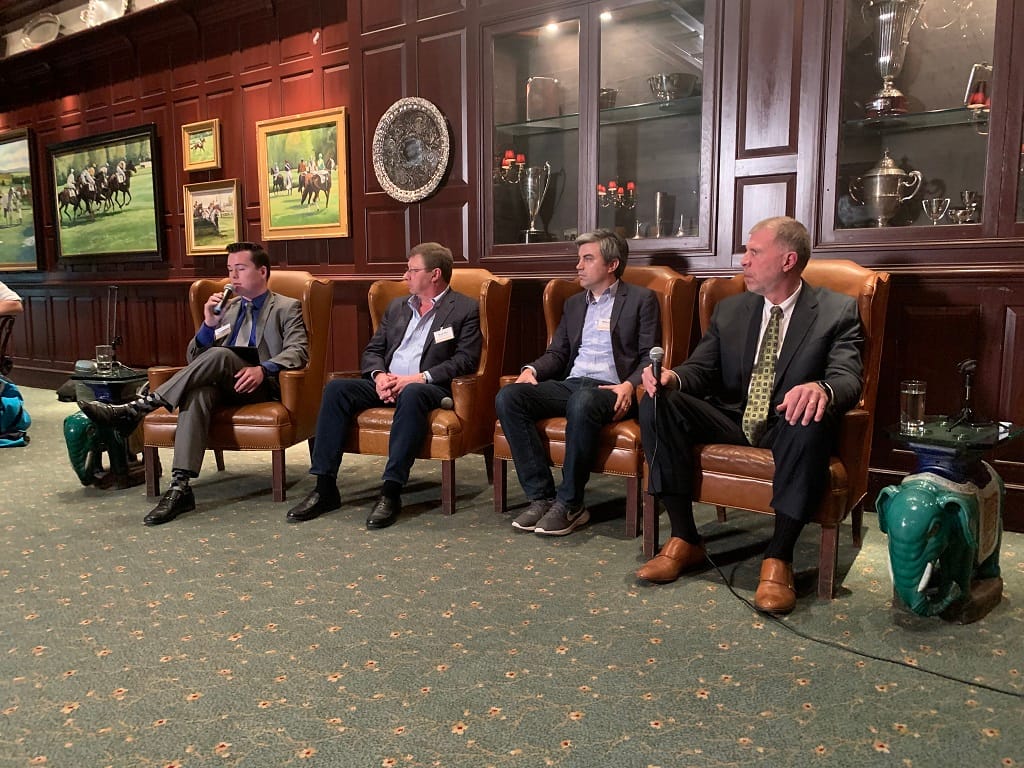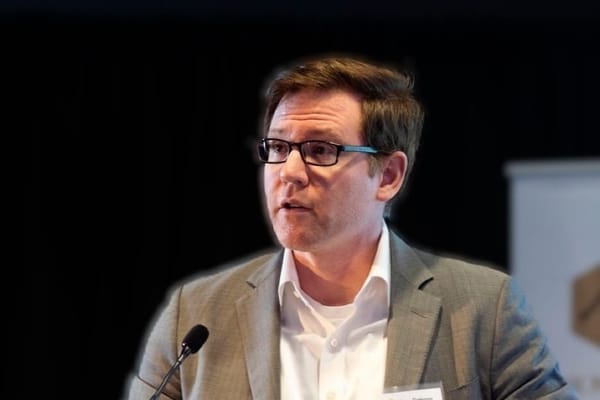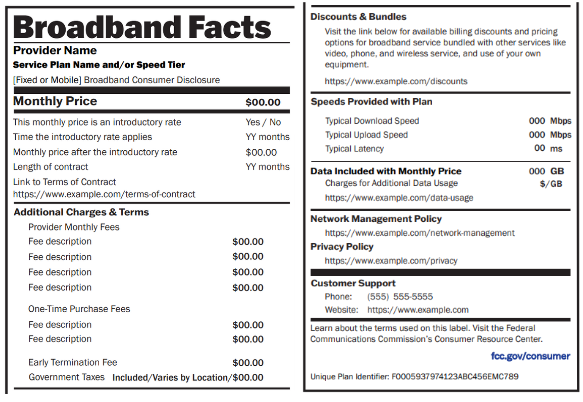‘It Is a Concern’: FCC Contractor Responds to Commercial Conflict Concerns Over Map Challenge Process
CostQuest’s CEO said states need to look at their vendors if they pose a problem challenging FCC map data.
Ahmad Hathout

WASHINGTON, November 17, 2022 – Ahead of the release of the Federal Communications Commission’s preliminary broadband map on Friday, the head of the agency’s contractor developing the data underlying the map said Thursday it is concerning state broadband offices may be hamstrung by commercial agreements they have with their own data vendors if they decide to challenge the agency’s data.
The dilemma emerged at a Broadband Breakfast event late last month, when Montana’s chief data officer Adam Carpenter said his state could be in legal trouble challenging the FCC’s mapping data because the state’s third-party data vendor would not allow its data to land in the hands of competitor CostQuest – the FCC’s contractor, which may be looking at using the data in its own commercial products.
“It is a concern, but I’m not sure how you address that concern,” James Stegeman, President and CEO of CostQuest said on a panel at Broadband Breakfast’s Digital Infrastructure Investment conference. “It is not necessarily the FCC’s issue – it’s really those third parties who present issues to the states.”
The FCC – which announced earlier this month the release of its preliminary map identifying areas with and without adequate broadband – has given some entities access to the underlying map data to prepare any challenges, which could include areas identified by the FCC as covered but actually isn’t. Earlier this month, New York announced it would be challenging the data.
The map will be used to target funding from the broadband programs of the National Telecommunications and Information Administration, including the $42.5-billion Broadband Equity, Access and Deployment program spawned by the Infrastructure, Investment and Jobs Act.
To build its own mapping data, Montana uses mapping company LightBox, which has previously gone to court challenging the contract the FCC awarded to CostQuest. Stegeman noted that Lightbox is the contractor and said the conundrum may be something the states need to take up with those vendors.
“It is vital for states and interested parties to challenge our data,” Stegeman said. “We’re not perfect, I’ve said that. We think we have a great product…[but] we need you to fill in those gaps. And if your vendors won’t let you do that, then there’s a question about the vendor you are using.
“This is really driving funding in your state and you need the parties that are working with you to assess, assist us in getting the most accurate information out and for use by all parties in the room,” he added.
“It sounds like a mess,” Mike Conlow, director of network strategy at web hosting platform Cloudflare, added as a panelist. “I do worry that we are taking a big step backwards in terms of open data.
“If we had figured out a way to make this a public data source, we could’ve avoided this mess that we’re in,” Conlow added.
Bryan Darr, executive vice president of smart communities at broadband speed test company Ookla, said as a public data company, he understands the conundrum. “But we found ourselves needing to be a bit more flexible about how our data is used, how it could be shown publicly, many states are utilizing our data to first and foremost understand where [broadband is and isn’t].
Ookla and LightBox are sponsors of Broadband Breakfast.










Member discussion